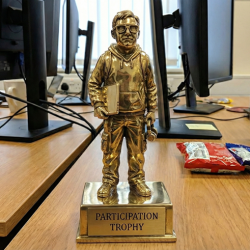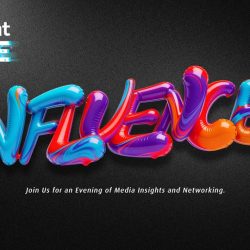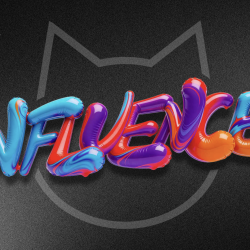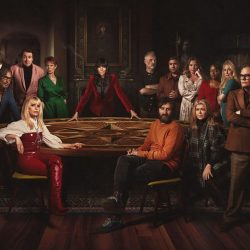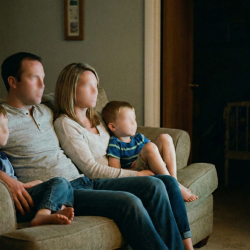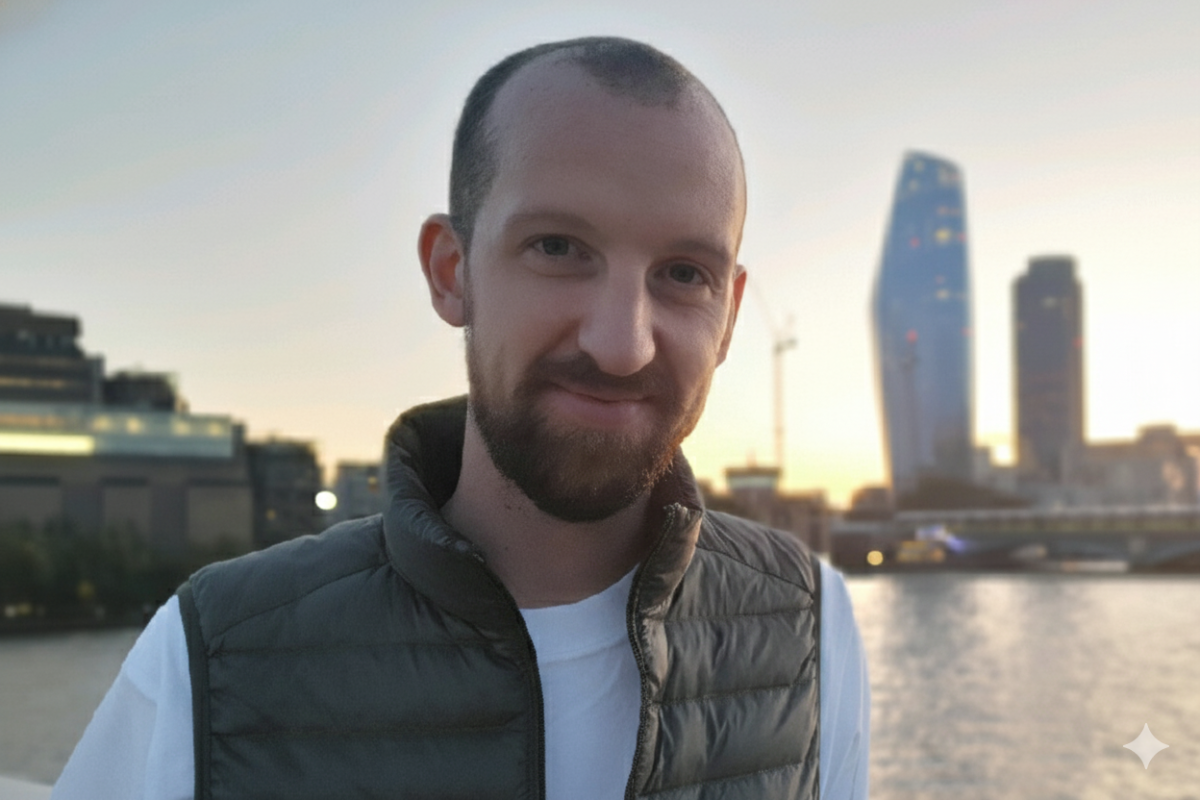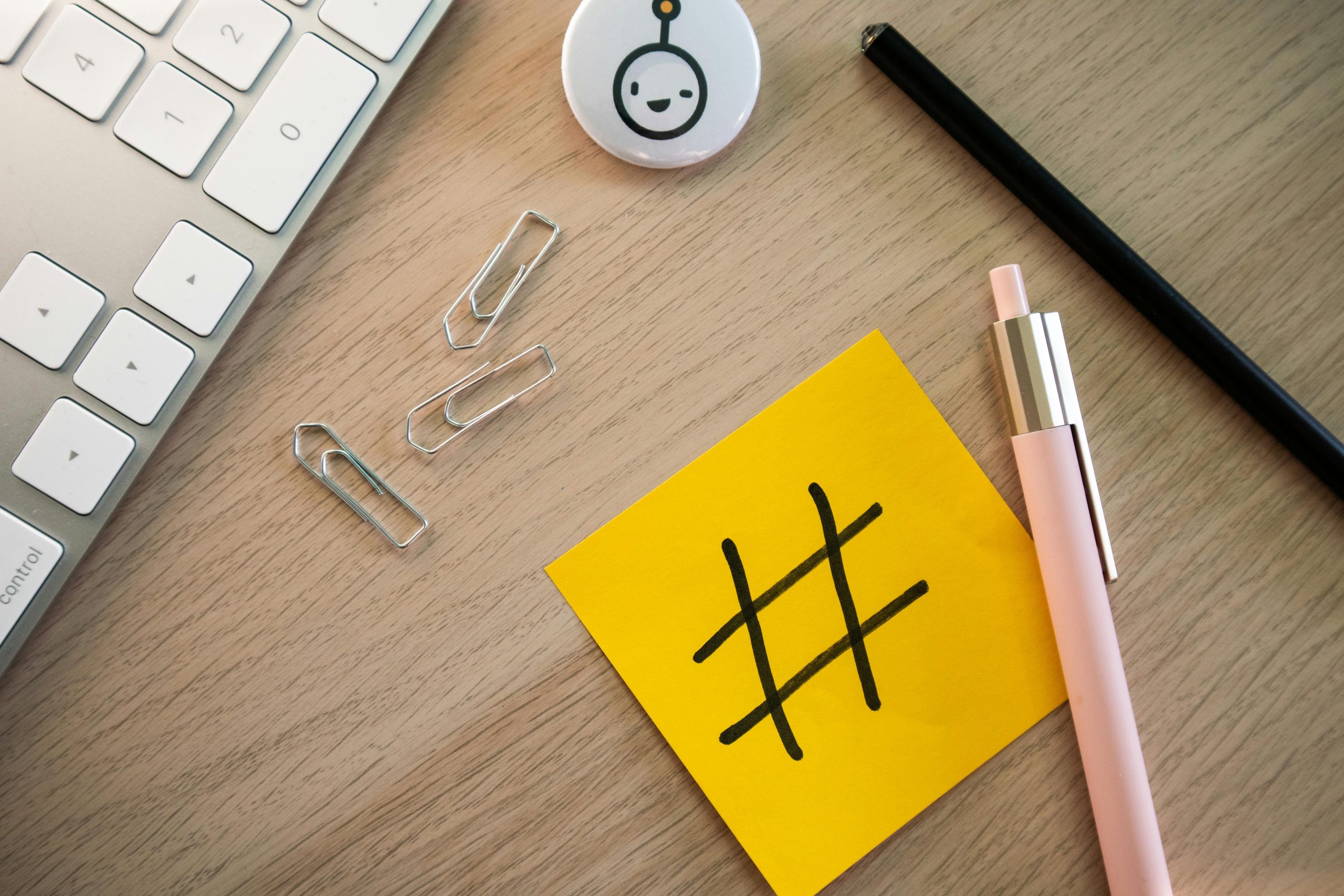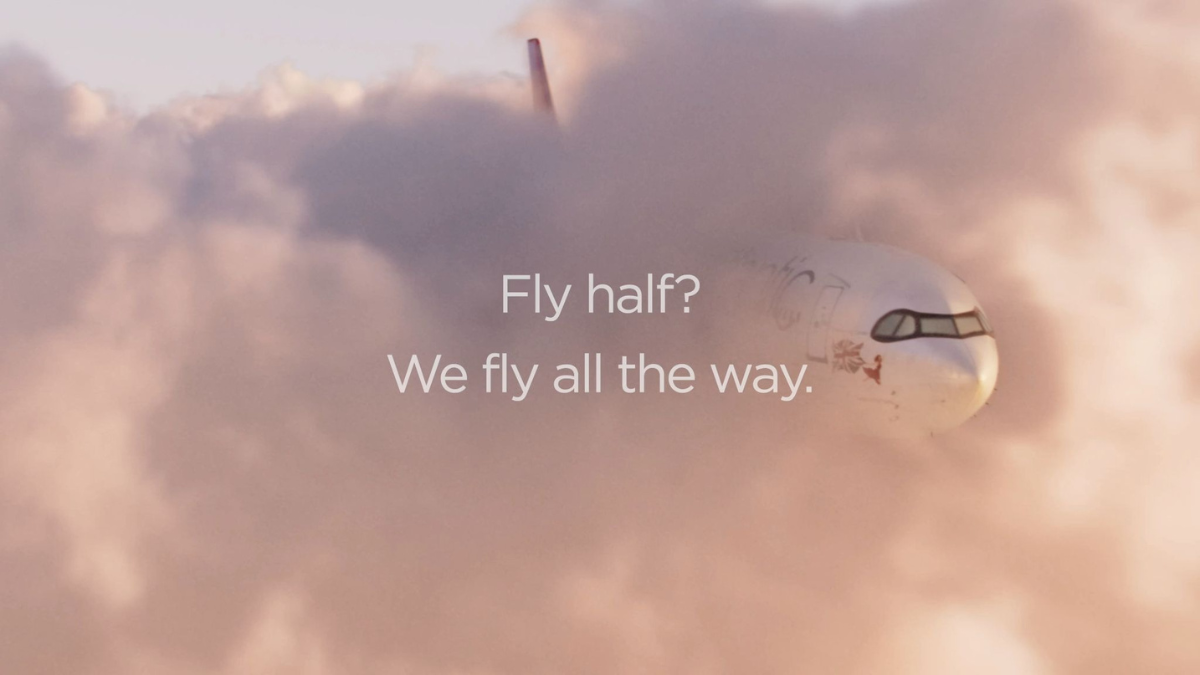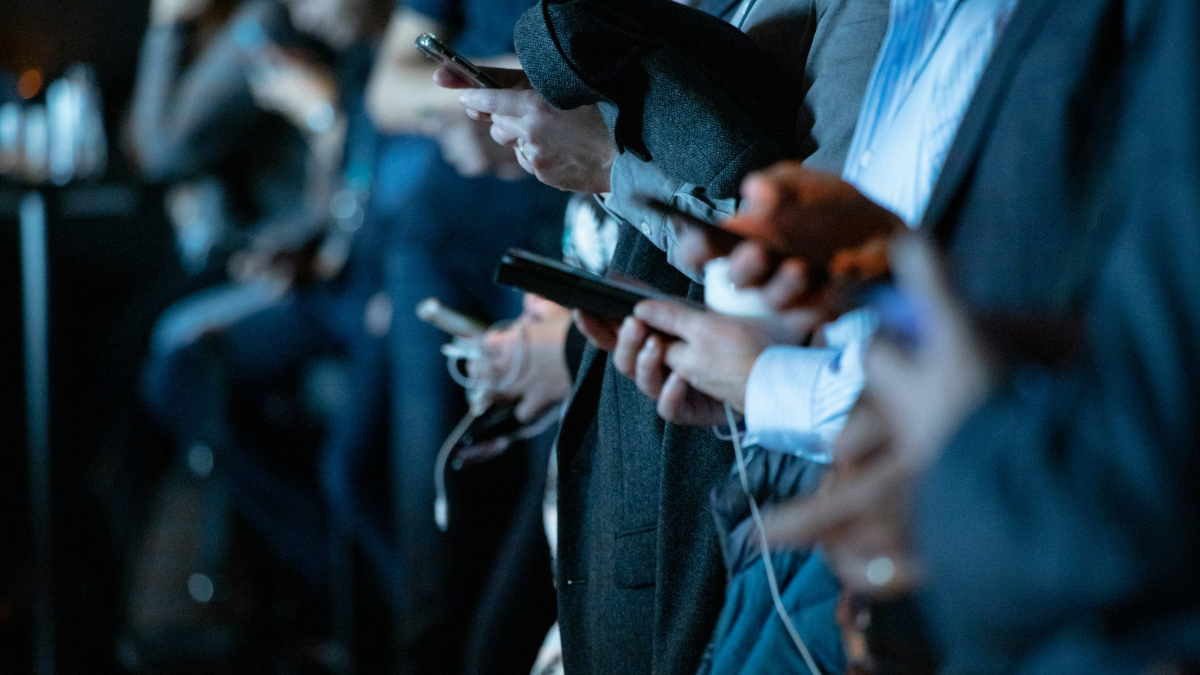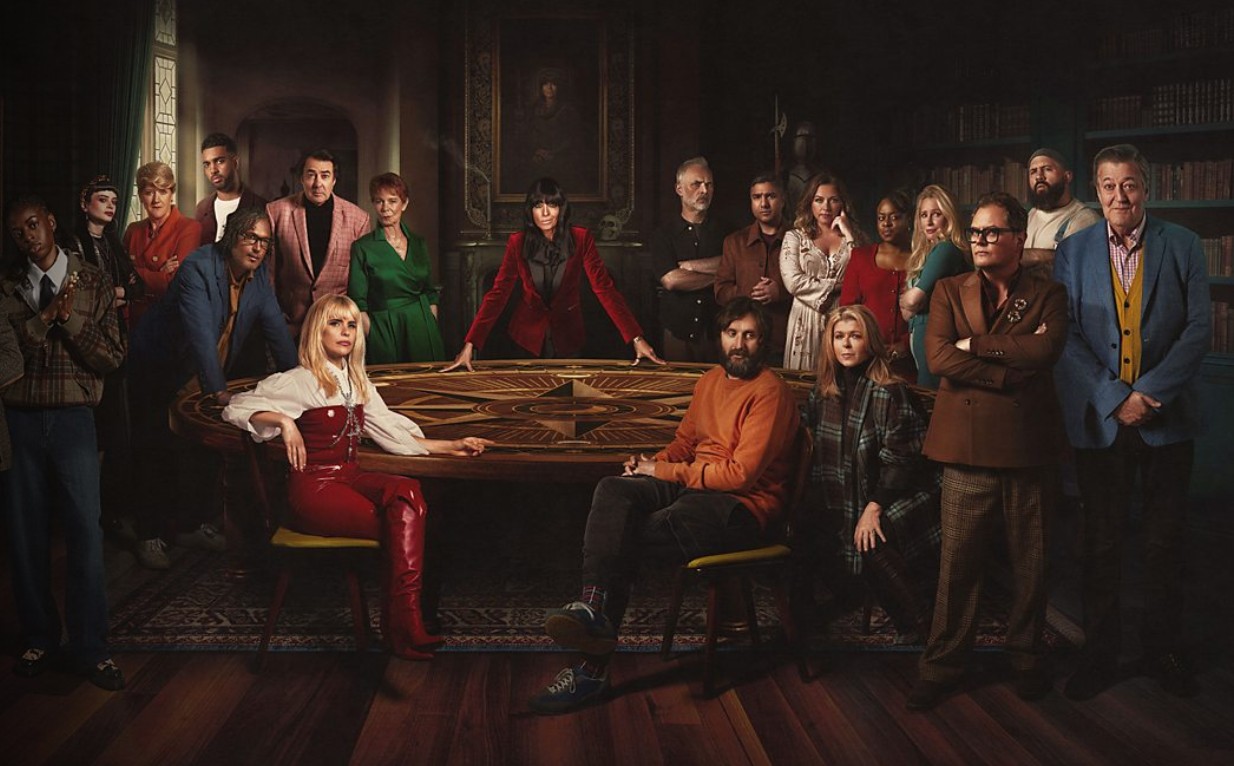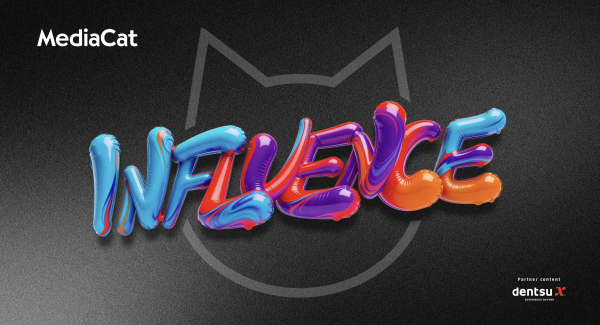Richard Kirk, EssenceMediacom UK’s CSO, says marketing piqued his interest from a young age because it seemed like ‘the closest thing to Jedi mind tricks that you could get as a career’.
He’s since come to accept that advertising is a weak force that gently nudges lots of people towards default decisions, rather than a laser you point to put people under your thrall — but that doesn’t appear to have put him off. Kirk’s active on LinkedIn, and his post and comment history is testament to his undimmed zest for his craft, and curiosity about how media can boost businesses’ top line.
Kirk sat down with MediaCat to talk about his career, the biggest opportunities in media, and the future of agencies.
What keeps you interested in the industry?
Advertising gets really unfairly pigeonholed as the colouring-in department. A lot of people think that the only thing you have to decide is whether you like the advert or not, and there’s no such thing as good and bad, and that’s obviously nonsense.
If you stand in front of a shelf and pick a different brand of toothpaste this week versus a couple of weeks ago, none of us can explain that decision to ourselves, unless it’s an obvious price discount or something like that. But there is a reason why we suddenly decided to try new stuff, and it’s really complex, and no one can fully explain it. I speak to econometricians and they say trying to model all of the things that go into people’s purchase choices is more complex than modelling what will happen to a rocket as you blast it into space because there’s only a limited number of forces operating on a rocket. It’s endlessly fascinating and more complicated than most people in business give it credit for, which is what keeps me interested in trying to unpick it all and show how it drives top-line growth, because there’s not much that drives top line growth reliably every single year.
You did a stint at Amazon. What was that like and what did you take from it?
Amazon is an incredible business, and it was a really positive experience to be part of Amazon advertising at a time when it was really starting to hockey stick.
But Amazon’s got a very specific culture. If you’re being unkind, you could say the emphasis is on the cult in culture. But what I admired most about Amazon was its dedication to that culture. It didn’t care about being weird: sitting around in silence for 30 minutes at the start of a meeting so that everyone can get on the same page based off of a Word document that’s been written in a specific Amazon style. They stuck to that and leveraged it to be an incredibly organised, well-run business.
Amazon knew more about its own business than any agency I had worked in previously… and quite a few since. If Amazon wanted to know why spend on an account had fallen or why a client’s feedback score had dropped five points in the last 12 months, it could do one run on the central system and be able to say, ‘Oh, it’s because they’ve given us 60% more briefs this year and our time to respond to those briefs has gone up 80% because the team’s overloaded.’
At an agency, it’d take ages to get to the same place. There’d be four meetings over three weeks and an email survey that’s gone around saying, ‘Have you worked on this account? Can you talk to us about your experiences over the past 12 months?’
I tried to take some of Amazon’s culture back into agencies with me after I left, but it was too much of a stretch. Although, I feel like it’s being proved right because if you look at what’s happening in WPP at the moment, a big part of Open [the holding company’s AI platform] is about systemising the way we do things, so we can understand more about how we’re doing. And that’s a huge, huge benefit.
What parts of Amazon’s culture did you try to bring back to agencies?
Amazon has this great thing, which is that it’s really hard to lie in Word and very easy to lie in PowerPoint, and I definitely agree with that. I think there’s something about having to write down your belief that stops you exaggerating.
What information or resources do you use that make you better at your job?
For a long time, the answer would have been Twitter or X. It’s become harder now because obviously there’s just so much content that you can’t really believe on that platform. I feel the same way to some extent about LinkedIn.
The most interesting stuff I read is stuff that’s come out of journals and academic publications that’s been simplified for idiots like me. So I’ve got an AI agent that goes around the web and consolidates interesting bits of research and distils them for me. [Editor’s note: MediaCat UK also distils interesting new advertising research papers. Just saying…]
The Profit Ability 2 research paper, which states that brands are over investing in social media, is almost a year old. Do you think that the industry has heeded its advice?
I’d be an idiot to say it has. And it’s very sad that it hasn’t been heeded because it does represent a really robust analysis of an awful lot of data. The findings correlate to a lot of other different media research: all of it points in the direction that we’re overinvesting in weak media and underinvesting into more established but still incredibly powerful media
There’s well-documented problems with spend data in that it contains all of the long tail of very small businesses, and that’s not representative of what brands are doing. But brands still want to spend more money in those places. I’ve got a list of reasons why I think it’s happening, and it’s beyond 30 reasons now, so there isn’t a single silver bullet.
What’s one of the reasons?
I think one thing that is under-thought about, especially when it comes to large brands, is the humans behind the decisions.
If you’re a brand manager working at a company that’s got established brands that aren’t suddenly gonna take off and grow because you’ve come up with the fiftieth advertising campaign in the history of that brand, there’s a lot to be said — if you want to get ahead — for exploring the new and trying to build capability or insights in areas of the media landscape where the company’s never spent money before.
Is the role of media agencies changing, and if so, how?
The role of media agencies is stable in that a good media agency gives its client a competitive advantage. That could be a way of buying media that other people aren’t doing so that you get more for your buck. It could be an insight about the audience. But it’s always about giving our clients a competitive advantage that their rivals don’t have. That will always be the point of a major agency, but how we do it changes every single year. And maybe at the moment, you could argue it’s in more flux than it has been for a while, but then you could probably also argue that the whole of the business world is in a bit more flux than it has been for a while.
Is production going to become more of a media agency job?
I’d agree with that. You could argue that it has been since the turn of the century. You often hear people moaning about how copywriting isn’t a valued artform anymore, and I always get pissed off because the advertising format that has delivered more value and driven more change in our industry than any other [of this century] is the two lines of text on a search results page — and no copywriting group ever made a serious play to say, ‘That’s super important and it ought to be written by someone who’s trained in copywriting’. It got given to the media agency.
What’s the long-term future for media agencies?
I get really excited about this because as media agencies systemise, all sorts of opportunities open up. Since for ever, mid- and long-tail advertisers have basically just been told to get their credit cards out and buy some Google advertising or buy some Facebook advertising. But now more of the media landscape is gonna become available to those companies. And if they want to grow, they need a proper media plan because we all know that once you get to a certain size, companies need to wean themselves off performance media and build a brand for the long term.
There’s an amazing opportunity for a major agency to [create] a semi self-serve, semi-managed service for mid- to long-tail of companies that need media planning services. I always get excited about the idea of a Netflix model. [Clients] sign up and give some visibility into their business through an API or whatever, and the agency would have a series of playbooks for different categories and different types of brand, and they’d put those into practice. A business director in the agency could run 40 clients instead of four.
Are there any particular media consumption trends that you’re interested in at the moment?
The classic way to think about media is there’s two buckets: above the line and below the line. I think it’s actually three buckets now.
If you think about society, we have the public sector, the private sector and the third sector, and I think about media the same way. Public sector media is TV, cinema, radio, press, out-of-home, and that media brings reach and stature — costly signalling, all that. Private media is your one-to-one performance media; that brings you proximity to the point of purchase. And then there’s this third area of media that has exploded — I call it plural media.
Plural media doesn’t necessarily bring you massive reach, and it may not even bring you huge amounts of stature, but it brings authenticity. It brings a sense that your brand is very popular right now, your brand’s getting talked about. It’s media that is creator led. It’s not just social, though. The word social needs to be eradicated from our industry because what does it even mean anymore?
Plural media is where you’ve got all these multi-platform brands that use YouTube, Facebook, Instagram, TikTok, X, Acast, Spotify, Substack, Patreon, they use all those platforms as rails to launch programming brands that are now that span all these different channels, and that’s fascinating to me because the companies behind those programming brands don’t have market capitalisations the size of a country’s GDP. They’re three, four, five-people companies, and the opportunity to create commercial value through negotiation with them is phenomenal.
We’ve done deals for clients where we’ve been getting four-minute readings. You can’t get four minutes of people’s attention anywhere!
I was one of the people that brought together The Rest Is Entertainment and Sky TV.
That partnership has been going for so long and it’s been hammered so hard every single week that Private Eye is making jokes about it. That’s cut-through.
So I’m really excited about that part of the media landscape, but massive capability change is required, and a massively different approach to creative control.
Do you think the open web has a future?
Consumption trends suggest not. Platforms have just become the roads that everything runs on.
But for really high value publishers, there’ll always be an opportunity to monetise the space. If you’re a premium publisher and you’re purely reliant on the open web version of your website, then probably that’s not a great position. But none of them are doing that. They’re all diversifying.
Is YouTube TV?
The media planner in me says if it wants to be telly, it ought to sign up to all of the same codes as telly. The consumer in me spends a lot of time watching YouTube like it’s tell, just gorming out. But the reality is that the viewing experience has changed, and I’m sure YouTube will change how we see television as a society, for better or worse.
How big of a deal is fragmentation?
Human behaviour doesn’t change very much, and [CSO at Omnicom Media Group UK] Charlie Ebdy’s point is fair. We spend about four hours a day gorming out in front of something, and we probably always will. But when it gets down to how you create competitive advantage for clients, I think fragmentation is where you find the advantage. It’s the fragmentation of the buying methodology, the targeting methodology, and the formats. Charlie’s got a good point and perhaps we get a bit carried away in saying everything’s changing, but fragmentation has made how you get your hands on media, how you assess media, how you measure media and how you buy media a lot more complicated and a lot more diverse.
Creative planners and strategists are focused on Bill Bernbach’s unchanging man — timeless human truths. A really good media planner acknowledges all of that, but how people get [media] and how we trade people’s attention changes all the time. It’s a very fast-paced world.
Update 9.10.25: A second paragraph, taken from the original interview transcript, was added to the answer about the open web after the article was published, at the request of the subject. This was done to clarify the distinction between open web and news-brand publishers.


